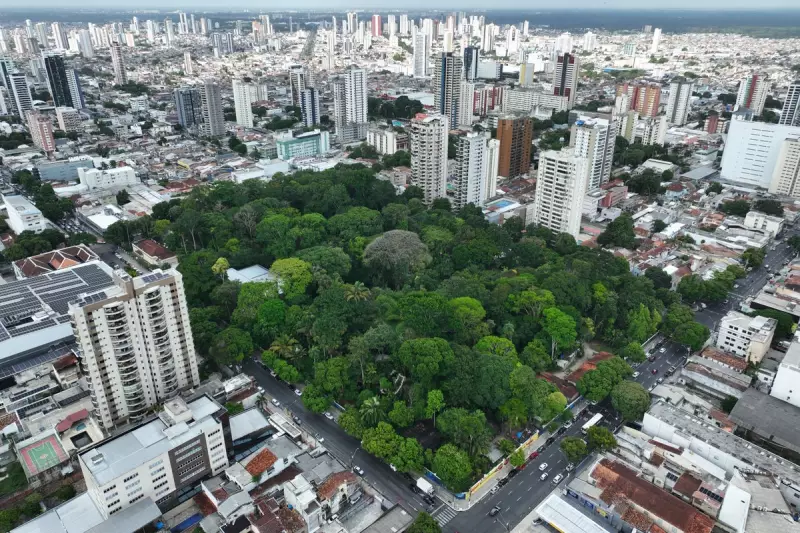
Criminal organisations have dramatically expanded their reach throughout the Brazilian Amazon, now operating in nearly half of the region's municipalities according to a disturbing new report.
Rapid Expansion of Criminal Networks
The Brazilian Forum on Public Safety published findings on Wednesday showing that organised crime groups now maintain active presences in 344 out of 772 municipalities, representing approximately 45% of the region. This marks a significant 32% increase from last year's report, which documented gang activity in 260 municipalities, and more than double the presence recorded just two years ago.
Among the most rapidly expanding groups is the notorious Red Command drug trafficking gang, which has more than doubled its territorial control since 2023. This expansion comes despite the gang being targeted in Rio de Janeiro's most lethal police operation ever on October 28, which resulted in 121 deaths.
Diversifying Criminal Enterprises
David Marques, one of the report's authors, explained to The Associated Press that these criminal organisations are broadening their illegal activities beyond traditional drug trafficking. "These crime groups are seeking to diversify and maximize their illegal activities," Marques stated. "In addition to drug-trafficking, there's been an increase of extortion and environmental crimes," including illegal logging and mining operations.
The consequences of this criminal expansion are starkly visible in the region's violence statistics. The report documented 8,047 slayings in the Amazon region during 2024, representing a rate of 27.3 killings per 100,000 inhabitants - a figure 31% higher than Brazil's national average.
Political Response and International Context
The growing crisis has prompted legislative action, with Brazil's lower house approving a bill on Tuesday evening that would increase sentence severity for gang membership. The proposed legislation would boost recommended sentences for intentional homicide from 6-20 years to 20-40 years when the defendant is a gang member.
Beyond domestic criminal groups, the report identifies approximately 17 other criminal organisations operating in the region, including Venezuela's Tren de Aragua, which has previously been targeted by military attacks during the Trump administration in the United States.
Renato Sérgio de Lima, the forum's director, emphasised that effectively combating organised crime in the Amazon requires focusing on alternative development strategies beyond "predatory exploitation of resources." The findings emerge as Brazil hosts COP30 climate talks in Belem, highlighting the tension between environmental preservation and criminal expansion in the world's largest tropical rainforest.





